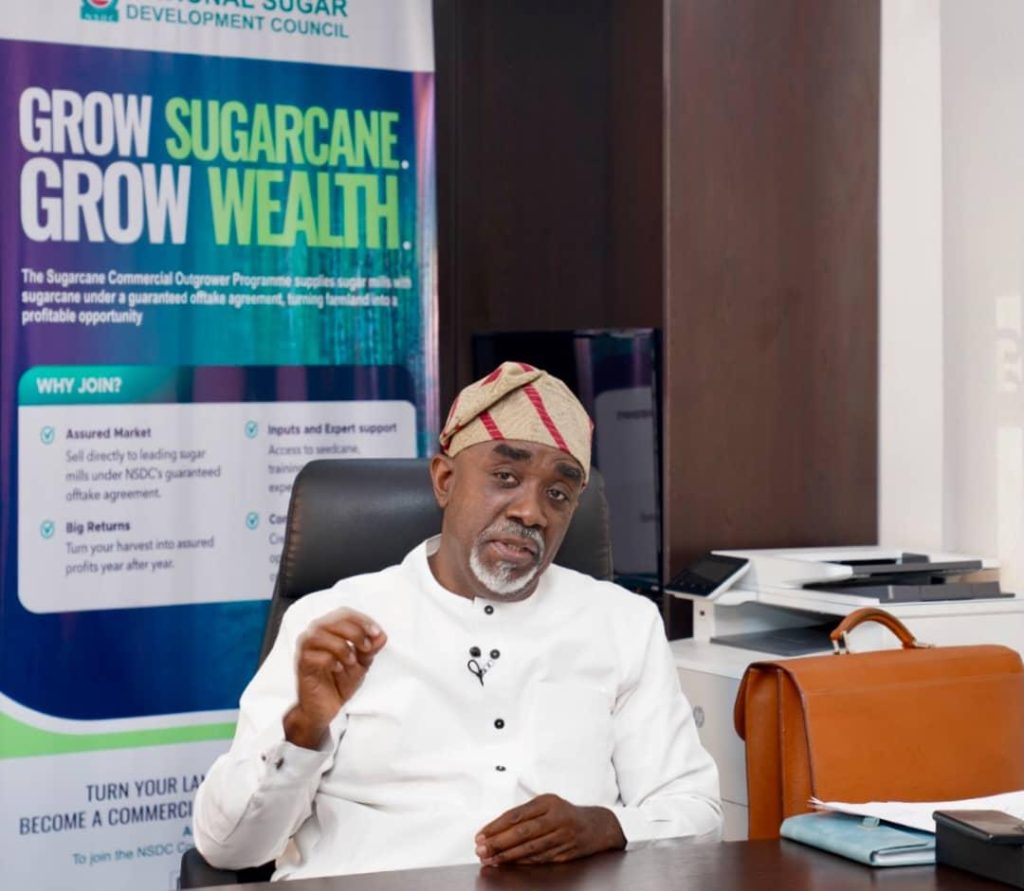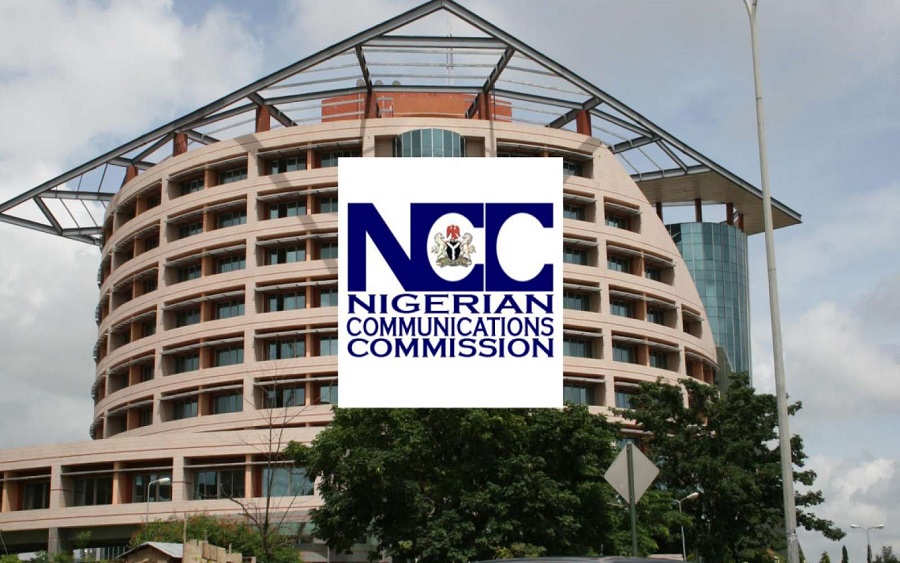Justice Inyang Okoro is leading a panel of six other esteemed justices from the Supreme Court in hearing a motion submitted by Abubakar Atiku, the presidential candidate of the Peoples Democratic Party (PDP), in the February 25th presidential election. Atiku is seeking permission to present fresh evidence against President Bola Tinubu.
The other justices on the seven-man panel include Justice Uwani Abaji, Justice Lawal Garba, Justice Ibrahim Saulawa, Justice Adamu Jauro, Justice Tijani Abubakar, and Justice Emma Agim.
Atiku and the PDP are requesting an order allowing them to submit additional evidence through sworn deposition from the Chicago State University. The purpose of this evidence is to challenge the validity of the certificate presented by President Tinubu to the Independent National Electoral Commission (INEC).
During Monday’s session, Mr Chris Uche, SAN, represented the appellants, while Mr Abubakar Mahmoud, SAN, appeared for INEC as the first respondent. President Tinubu, the second respondent, was represented by Mr Wole Olanipekun SAN, and Mr Akin Olujimi SAN represented the All Progressives Congress (APC), the third respondent.
Mr Uche informed the Supreme Court that his client seeks permission to introduce new evidence in support of their case.
“Through the motion seeking permission, dated October 5th and filed on October 6th, we are requesting an order to present fresh evidence on appeal, in accordance with the powers vested in the Supreme Court, particularly the depositions on oath from the Chicago State University,” stated Mr Uche.
Mr Uche further revealed that Tinubu, APC, and INEC are opposing the application primarily on technical grounds, arguing that the evidence was not pleaded and was submitted late.
He contended that the motion raises a jurisdictional issue, irrespective of the timing of its filing, and urged the apex court to disregard technicalities and grant the request.
Atiku’s counsel reiterated that the motion revolves around a constitutional matter, asserting that the 180-day time limit should not constrain the Supreme Court from considering the motion.
Responding to the arguments, the lawyer representing INEC stated that Section 285 of the 1999 Constitution should be interpreted to include the Court of Appeal as a Tribunal.
On his part, Olanipekun urged the court to dismiss this “unusual application,” as he deemed it lacking in merit.
Olanipekun argued that the Court of Appeal is, in fact, a Tribunal, based on relevant constitutional provisions, while emphasizing that the 180-day timeline is immutable and of utmost importance.
Counsel for the APC also urged the court to reject the motion seeking permission to present additional evidence, deeming it unlawful.
Atiku has approached the court to challenge the decision of the Presidential Election Petition Court (PEPC), which upheld President Tinubu’s election victory.
The Labour Party and its presidential candidate, Peter Obi, as well as the Allied Peoples Movement (APM), are also challenging the PEPC’s judgment before the Supreme Court.
It is noteworthy that although the three petitions have been consolidated, the appeals will be heard separately.
NAN



